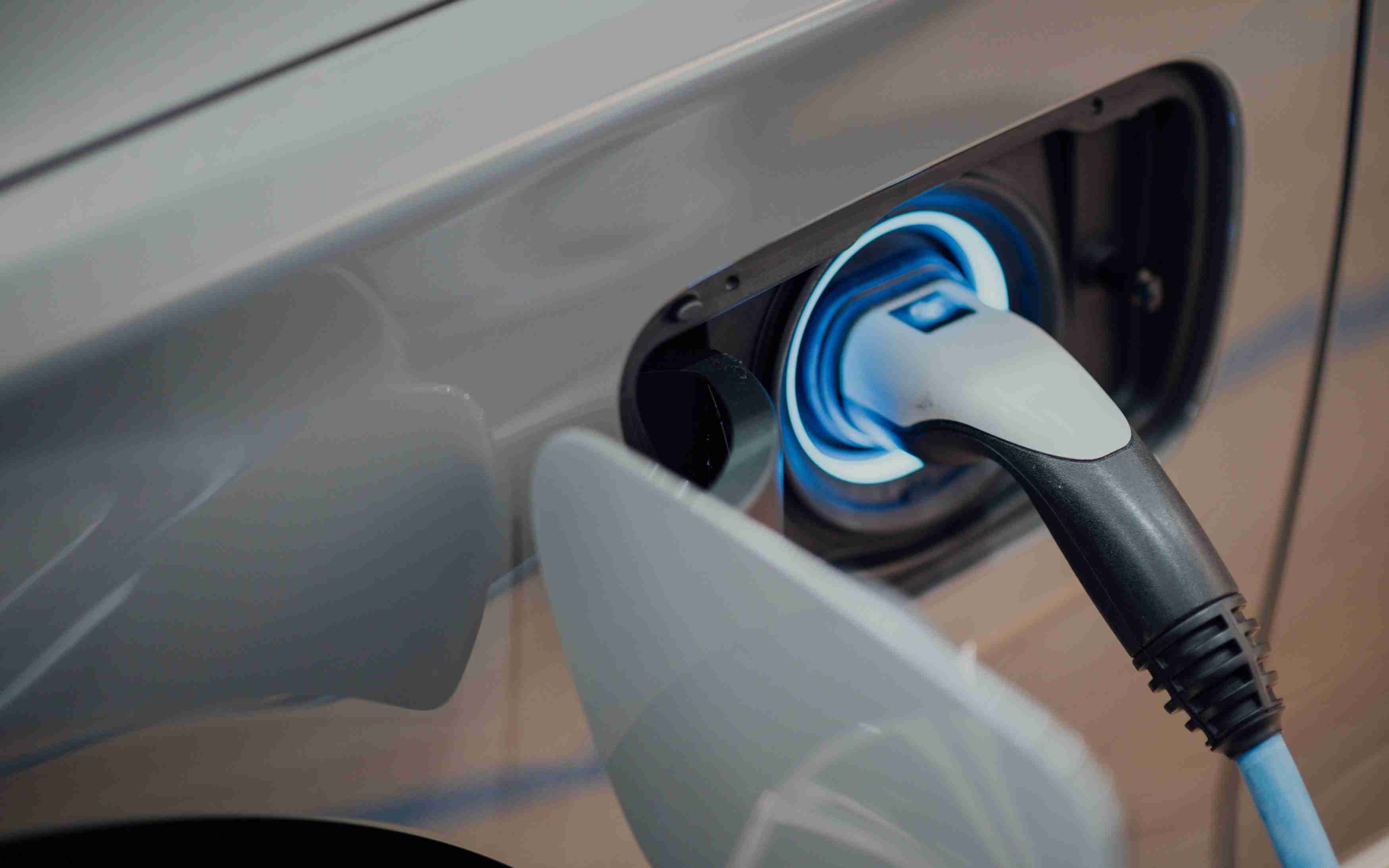Electrifying your journey: The ultimate guide to electric vehicles (EVs) in Singapore
Introduction
In Singapore, the journey towards a greener future is gaining speed with the rise of electric vehicles (EVs). This shift towards EVs is driven by a governmental commitment to reduce carbon emissions and a growing awareness of environmental sustainability. As more motorists in Singapore embrace EVs, they are not just following an automotive trend, but actively participating in a global movement for a cleaner, more sustainable world.
This guide delves into the essentials of electric vehicles in Singapore, from selecting the right model for yourself, to navigating the growing network of EV charging stations. It's an exciting time to explore the possibilities that EVs offer for cleaner motoring.
Understanding electric vehicles
Electric vehicles, or EVs, are like the new kids on the block in the world of cars. Instead of running on fuel (petrol or diesel), they have electric motors powered by electricity stored in batteries.
This means they don't pollute the air like traditional cars with internal combustion engines (ICE). Also, EVs have much simpler parts than ICE cars, so they’re also simpler to maintain and cheaper to operate. Furthermore, EV driving is smoother and quieter than ICE driving.
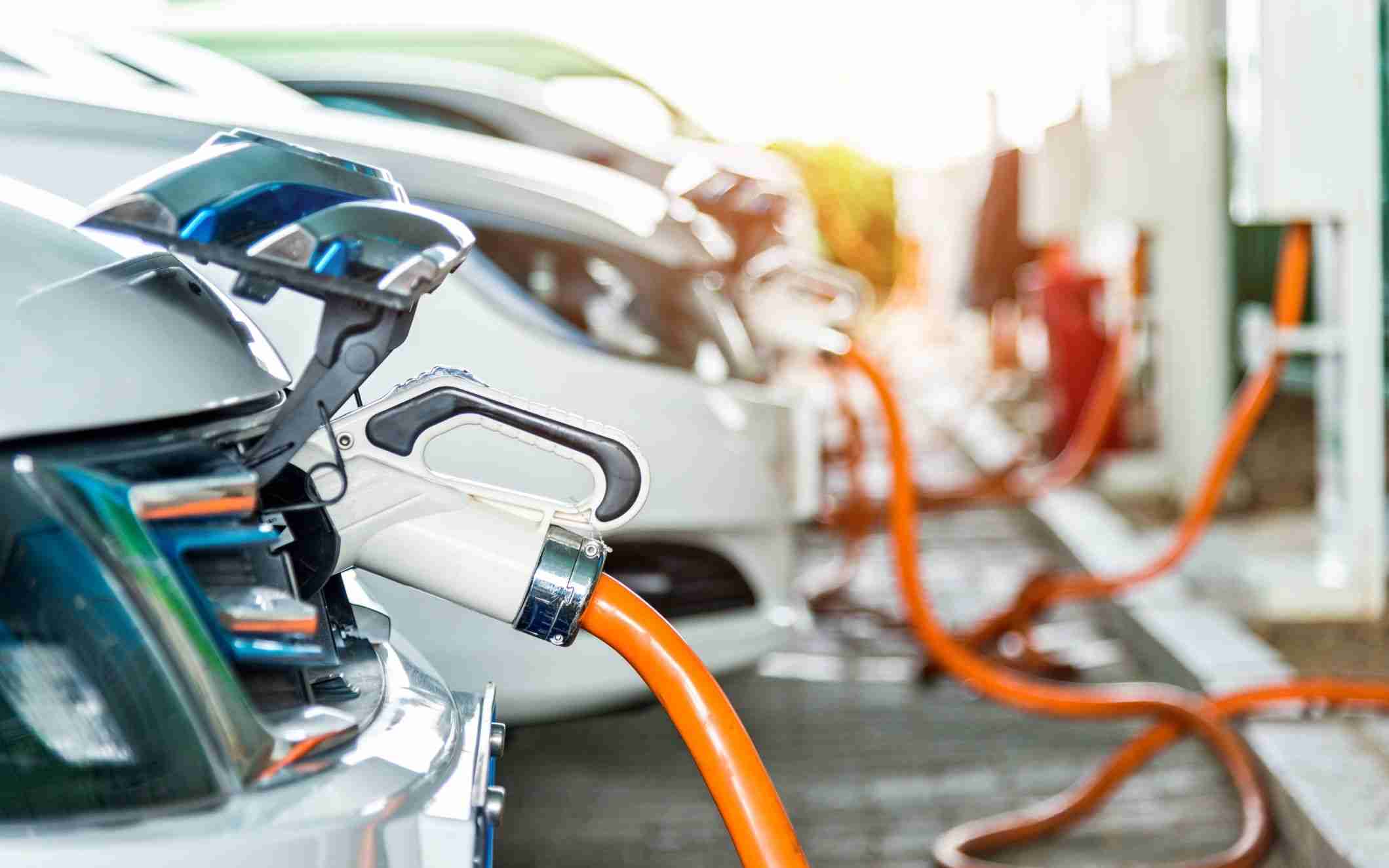
Government support for EVs makes it easier for you to switch
Singapore is seeing a steady shift towards eco-friendly rides, specifically EVs. The city-state’s Government has made a deliberate move towards electric transportation on a national scale.
Singapore’s Land Transport Authority (LTA) and National Environment Agency (NEA) encourage the adoption of cleaner energy vehicles, particularly full-electric vehicles, with the Electric Vehicle Early Adoption Incentive (EEAI) and the Vehicular Emissions Scheme (VES).
Both the EEAI and the VES work in tandem to reduce the cost gap between cleaner energy cars (including pure electric cars and petrol-electric hybrid cars) and ICE cars.
The EEAI currently runs till 31 December 2025 and continues to provide rebates off the ARF for a newly-registered electric car. From 1 January 2024 to 31 December 2024, owners who register fully-electric cars will receive a rebate of 45% off the ARF, at a revised cap of $15,000.
Under the VES, buyers of newly-registered electric cars may enjoy a rebate off the ARF, with an ARF floor of $0 where applicable. From 1 January 2024 to 31 December 2024, the best VES Band A1 rebate enjoyed by fully-electric cars will remain at $25,000. Details
With the revised rebates in effect from 1 January 2024 till 31 December 2024, EV buyers will be able to enjoy combined cost savings of up to $40,000 off the ARF ($15k EEAI + $25k VES), the main tax for new cars. These tax breaks ease the financial load when you register your electric ride.
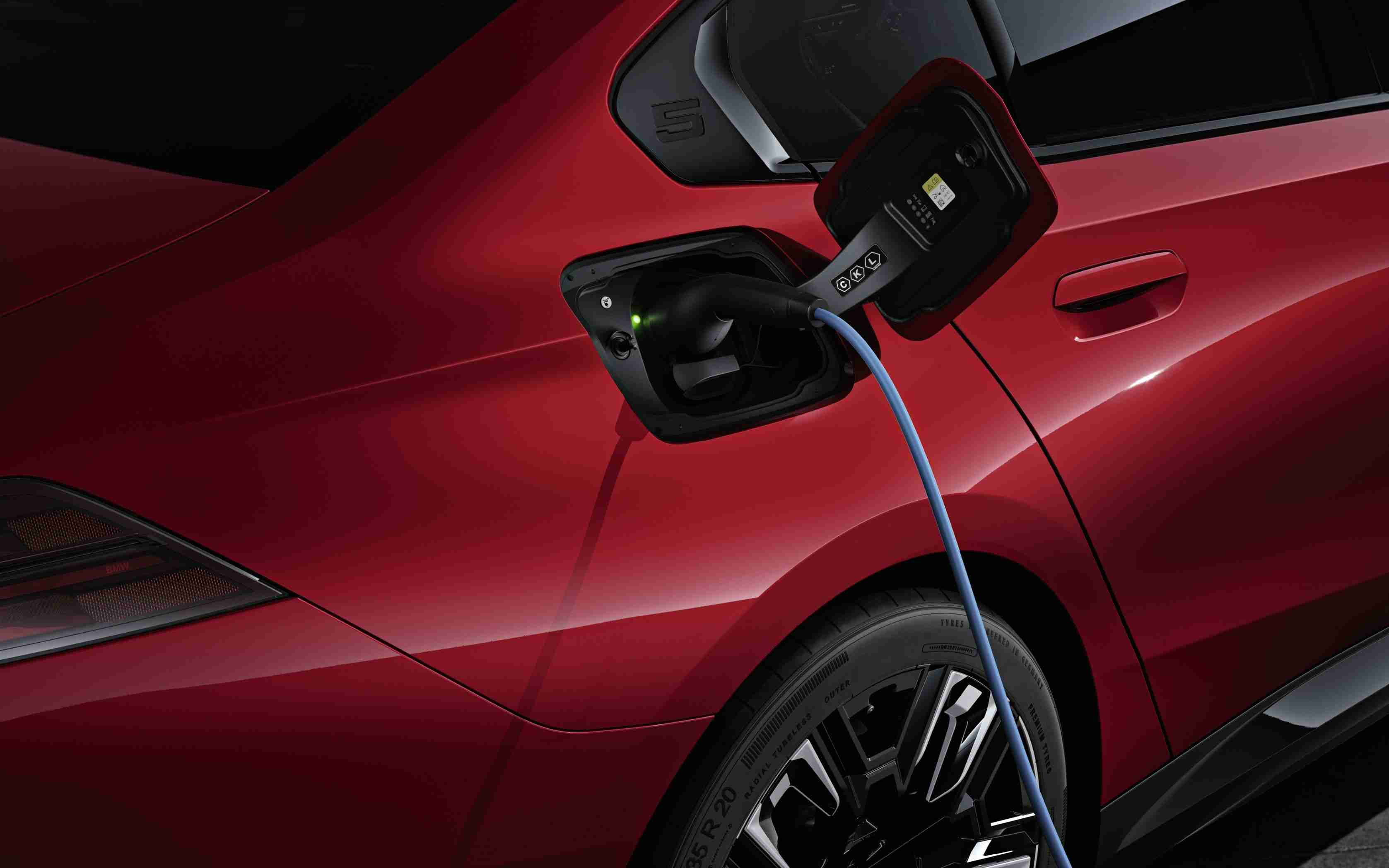
There are other EV-friendly policies in place for individuals and businesses with commercial vehicles. The Commercial Vehicle Emissions Scheme (CVES) and Early Turnover Scheme (ETS) currently run till 31 March 2025.
The ETS provides a discount off the COE Prevailing Quota Premium when owners of older, more pollutive diesel commercial vehicles switch to cleaner new vehicles. The CVES is an outcome-based rebate scheme to encourage the adoption of cleaner light commercial vehicles (LCVs) which have lower emissions.
In a nutshell, Singapore's government is backing you up on the electric road, making it easier and more cost-effective for you to choose an electric ride.
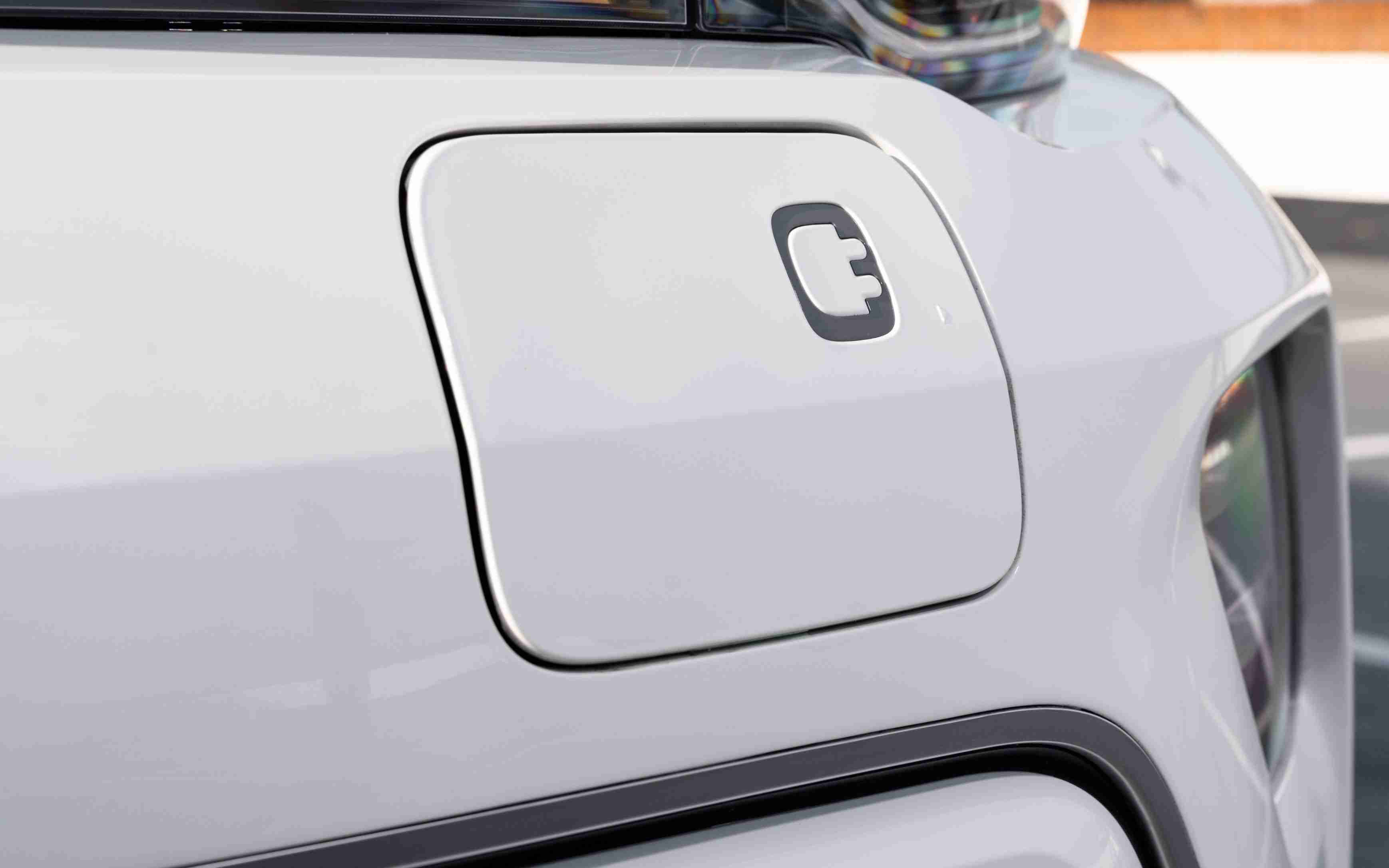
Choosing the right EV for yourself
When it comes to electric cars, there's a ride for everyone. Battery electric vehicles (BEVs) are like the eco-friendly superheroes, running purely on electricity, emitting no pollutants, and generally needing less maintenance. Think Tesla Model 3, cool and techy; or BYD Atto 3, sensible and affordable; or Hyundai Ioniqs 5 and 6, capable and comfortable.
Not ready to fully commit to an EV yet? Hybrid electric vehicles (HEVs), which use a combination of petrol power and self-charging electric assistance, provide a middle ground. Think Toyota Prius, Honda e:HEV models, Subaru e-Boxers and Korean hybrids, plus Nissan’s e-Power range.
Choosing an electric vehicle which is right for you depends on your wants and needs. BEVs are for the eco-conscious, while HEVs strike a balance between familiarity (with petrol-fuelled driving) and efficiency (kilometres per litre). As more models go on sale and hit the road in Singapore, you have a menu of options to match your lifestyle and drive style.
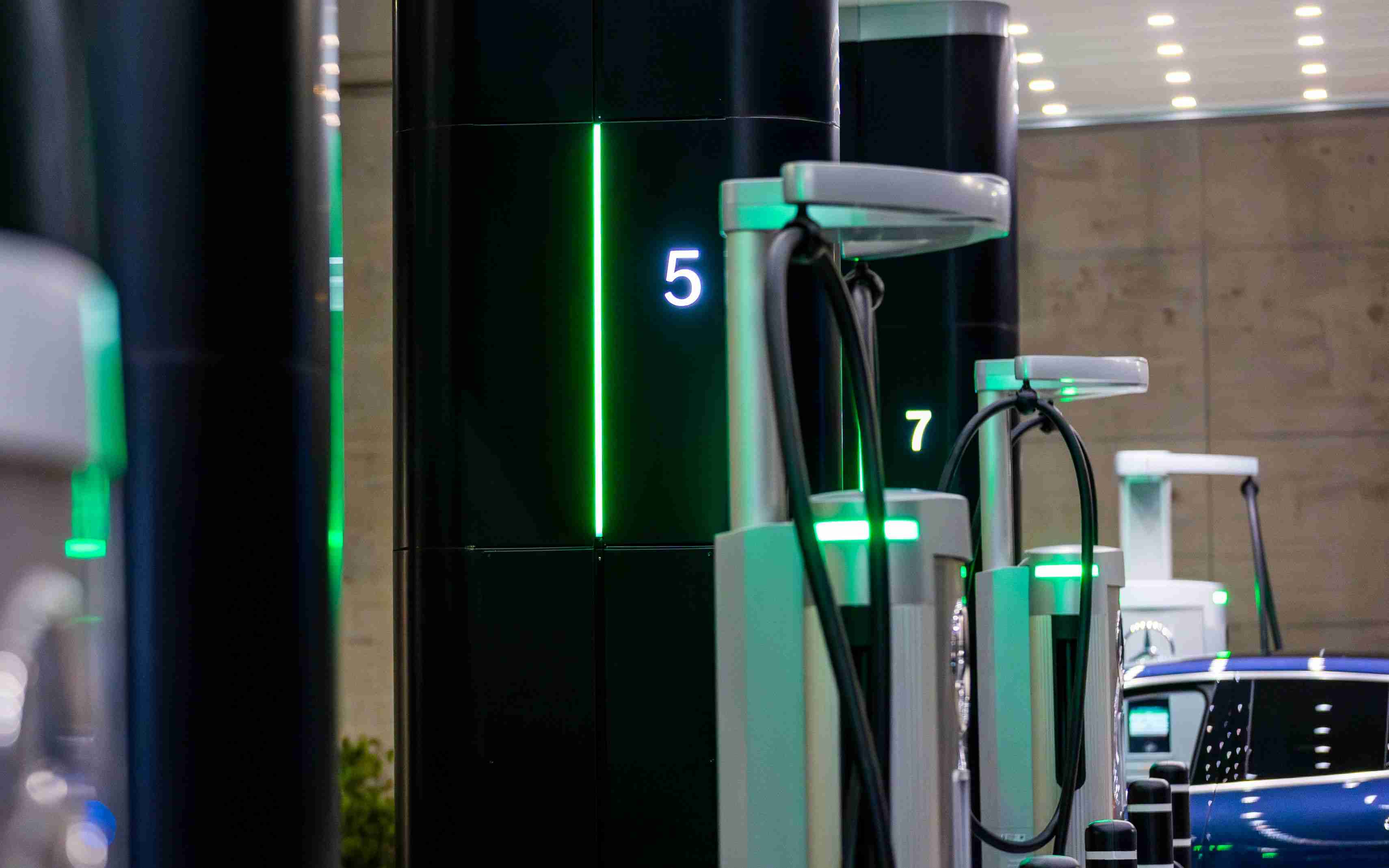
Guide to EV charging
As Singapore strides towards an eco-friendlier future for private transport, the proliferation of EV charging stations is a key factor.
There are primarily three types of EV charging stations: Level 1 (slow AC), Level 2 (regular AC) and Level 3 (DC fast charging).
Level 1 chargers are the most basic, suitable for overnight charging at home. Level 2 chargers, usually found in some public areas and certain commercial buildings, offer faster charging speeds. Level 3 chargers, which are the least common, provide the quickest charge, rejuvenating most EV batteries to 80% in well under an hour, depending on the initial state of charge.
The availability of these charging stations is expanding across the island. From HDB estate carparks to shopping malls and select service stations, the ongoing expansion of the EV charging network makes it more accessible to EV drivers.
Singapore’s Ministry of Transport (MOT) aims to deploy 60,000 EV charging points across Singapore by 2030, comprising 40,000 in public carparks and 20,000 in private premises. MOT says that every HDB town will be EV-ready by 2025, with close to 2,000 HDB carparks to be fitted with EV AC charging points.
Using these charging stations is straightforward, with most requiring a basic membership and an app, through which users can, for instance, scan QR codes at the charging points to start the session, end it and be billed accordingly. Payments are typically made through these apps, offering a seamless experience.
The well-connected apps also include a function to locate the nearest charging stations and advise on their availability where possible. The MyTransport.SG app, for example, informs the user about the real-time availability of publicly accessible charging points across the island.
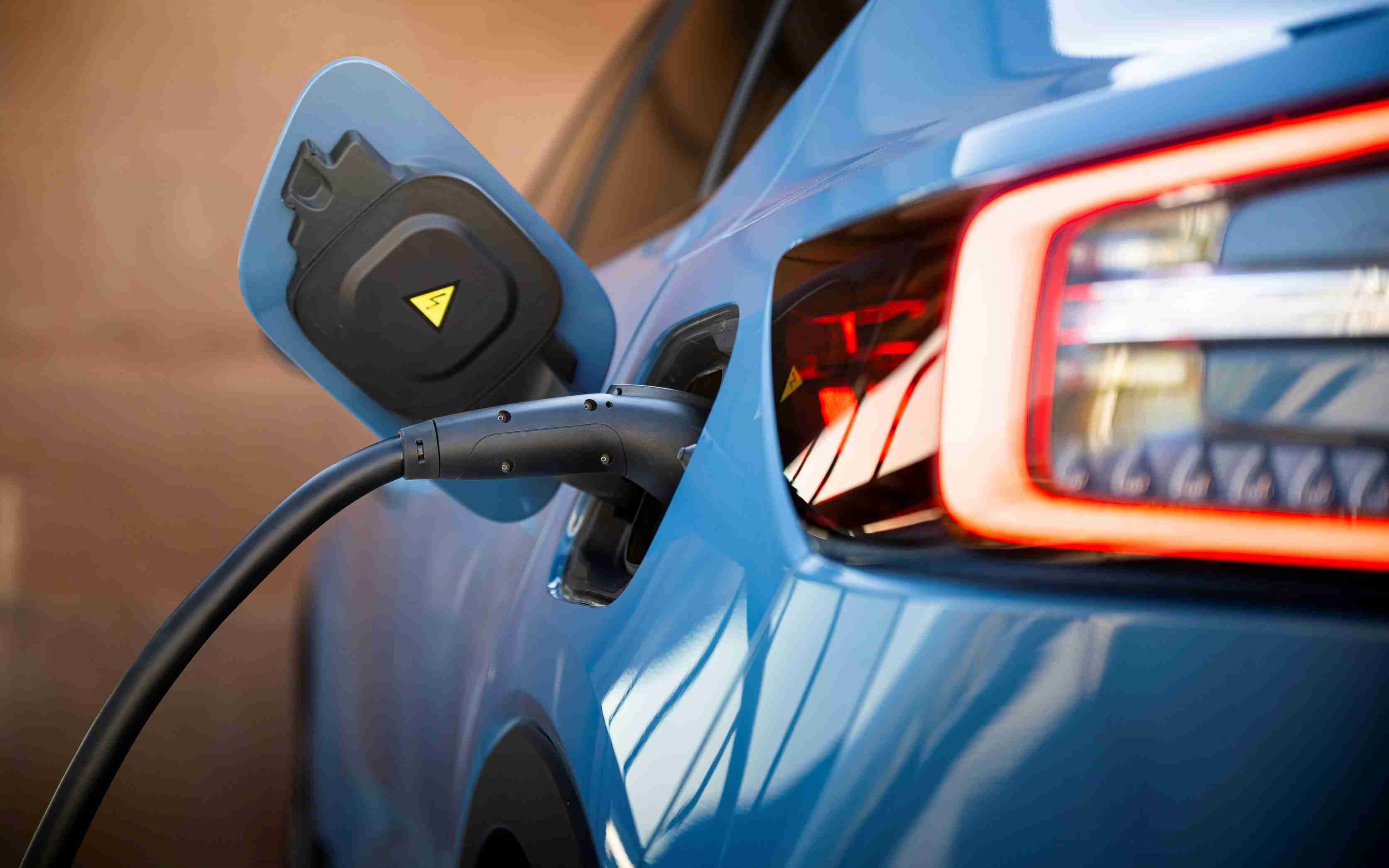
Daily life with an electric vehicle
Living with an EV in Singapore, the most significant change is recharging instead of refuelling. Recharging can be done at home, the office, or any public destination with a convenient charger.
The maintenance routine of EVs is very different from that of ICE cars. For instance, EVs generally require less frequent servicing as they have fewer moving parts and don’t need oil changes, although they still require functional fluids for certain components. Wear-and-tear parts such as tyres and wiper blades also need to be replaced according to usage and mileage.
Future of electric vehicles in Singapore
All new car registrations in Singapore will have to be cleaner-energy models from 2030. Cleaner-energy models include electric, hybrid, and hydrogen fuel-cell cars.
More electric cars will zip around our streets in due course, charging stations will become more common, and car companies will sell and support an increasingly diverse range of EVs in terms of size, price and features. Smart charging is also on the cards, with state-of-the-art charging stations and intelligent energy grids.
Technology-wise, EVs will get better batteries and improved electric motors, which would enable longer driving range, enhanced performance and an even more positive motoring experience.
Buckle up, because motorists’ electric future is just around the corner in Singapore!
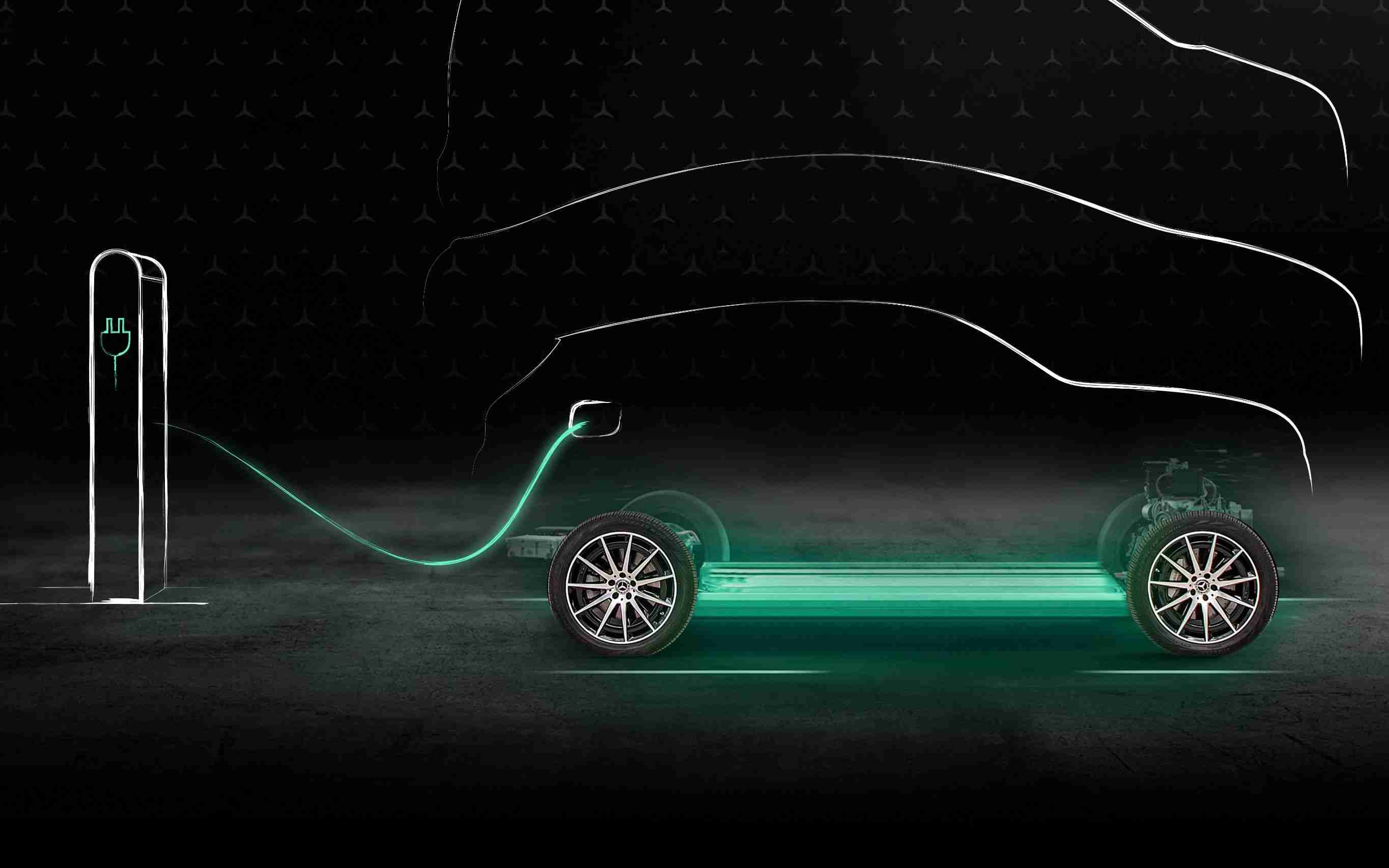
Super App for
Vehicle Owners
Download the Motorist App now. Designed by drivers for drivers, this all-in-one app lets you receive the latest traffic updates, gives you access to live traffic cameras, and helps you manage LTA and vehicle matters.
Did you know we have a Motorist Telegram Channel? Created exclusively for drivers and car owners in Singapore, you can get instant info about our latest promotions, articles, tips & hacks, or simply chat with the Motorist Team and fellow drivers.
